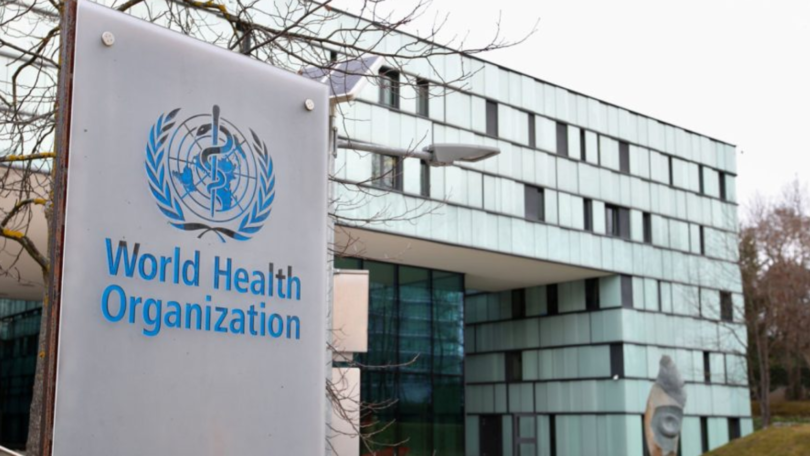The World Health Organization (WHO) has announced a significant rise in cholera cases globally, with approximately 195,000 reported cases and over 1,900 deaths across 24 countries since the beginning of the year.
The Eastern Mediterranean Region has experienced the highest number of cases, followed by Africa, South America, Southeast Asia, and Europe. Notably, no cases have been reported in the Western Region.
The alarming global trend mirrors the situation in Nigeria, where the Nigeria Centre for Disease Control and Prevention (NCDC) has documented a concerning cholera outbreak.
According to the NCDC’s latest epidemiological report, Nigeria has recorded 882 suspected cholera cases and 16 deaths, translating to a case-fatality ratio (CFR) of 1.9% as of the beginning of June 2024.
The outbreak has affected 30 states, with Bayelsa State being the most impacted, accounting for 50% of all suspected cases.
Other affected states include Lagos, Zamfara, Abia, Bauchi, Cross River, and Ebonyi.
Lagos State, particularly Lagos Island, has been a focal point in the cholera outbreak. The densely populated urban center has faced challenges in managing the disease due to its unique socio-economic dynamics.
The NCDC’s report highlights that Lagos State reported one suspected case and one death in the recent epidemiological week, with a CFR of 100%.
The situation in Lagos Island is exacerbated by inadequate access to clean water and sanitation facilities, contributing to the spread of cholera. Open defecation and poor hygiene practices in many communities further compound the public health crisis.
Cholera outbreaks in Nigeria have been a recurrent issue, with major epidemics recorded in the past.
According to the World Health Organization, Africa region, every year Nigeria experiences an increase in a number of cholera cases during the rainy season.
Globally, WHO has faced significant challenges in managing the cholera outbreak. The agency exhausted its global stockpile of Oral Cholera Vaccines (OCV) by March but managed to exceed its emergency target by distributing over five million doses by early June 2024.
Despite these efforts, the demand for vaccines far outstrips supply, with 16 countries requesting 92 million doses since January 2023, nearly double the available supply.







